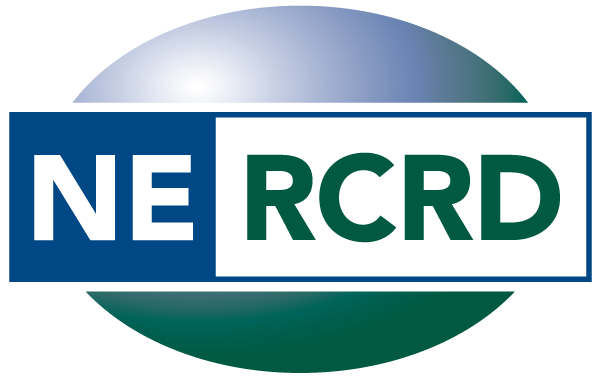Beginning in 2020, NERCRD invested in this project with the approval of its Board of Directors. The AgriCluster Retention and Expansion (ACRE) Program is a strategic planning program for farmer-led marketing and environmental projects by the Thomas A. Lyson Center for Civic Agriculture and Food Systems, which is affiliated with Cornell University. ACRE provides training in strategic business planning tools and processes that engage all stakeholders in a value chain to work collectively in carving out and defending a market niche.
The framework was piloted in 2021 with a group of New York onion growers, who explored collaborative promotion and marketing. The pilot phase ended in June 2022. Team members report that their work with the onion growers was highly influential in developing the ACRE curriculum and process.
The initial NERCRD seed funding of roughly $23,000 leveraged an additional $144,000 in a three-year grant from the Northeast Sustainable Agriculture Research and Education (NESARE) professional development program to further this project. This support is allowing the team to build out the infrastructure for the ACRE Program, including:
- An 18-unit self-paced Moodle course on eXtension Campus on launching an ACRE Project.
- An ACRE Facilitator’s toolkit complete with instructions, worksheets, and a case study to illustrate the ACRE process.
- An ACRE community of practice to expand the use of the ACRE approach to agriculture development professionals in the Northeast and elsewhere.
As of February 2024, 28 service providers (including nonprofit and Cooperative Extension staff) completed the online course, and joined the ACRE Facilitator community of practice, which meets monthly. Another 127 enrolled, putting the program well on its way toward having trained ACRE Facilitators in all Northeast states and Washington, D.C. Participants thus far are largely from the Northeast, but also include individuals from the Southeast and the Midwest, and from as far away as France and the Republic of Ireland.
For more information, contact Duncan Hilchey at duncan@lysoncenter.org.
